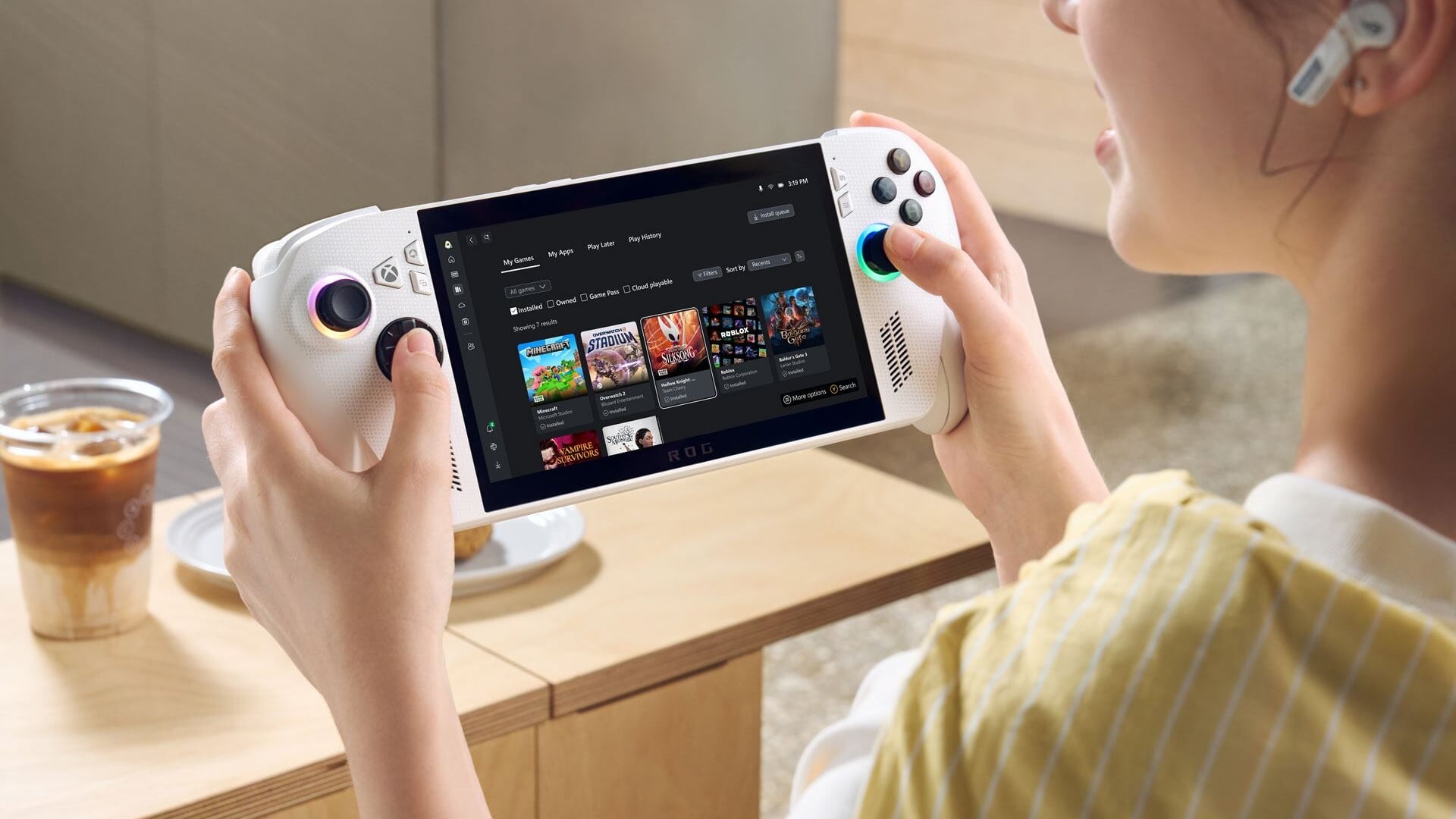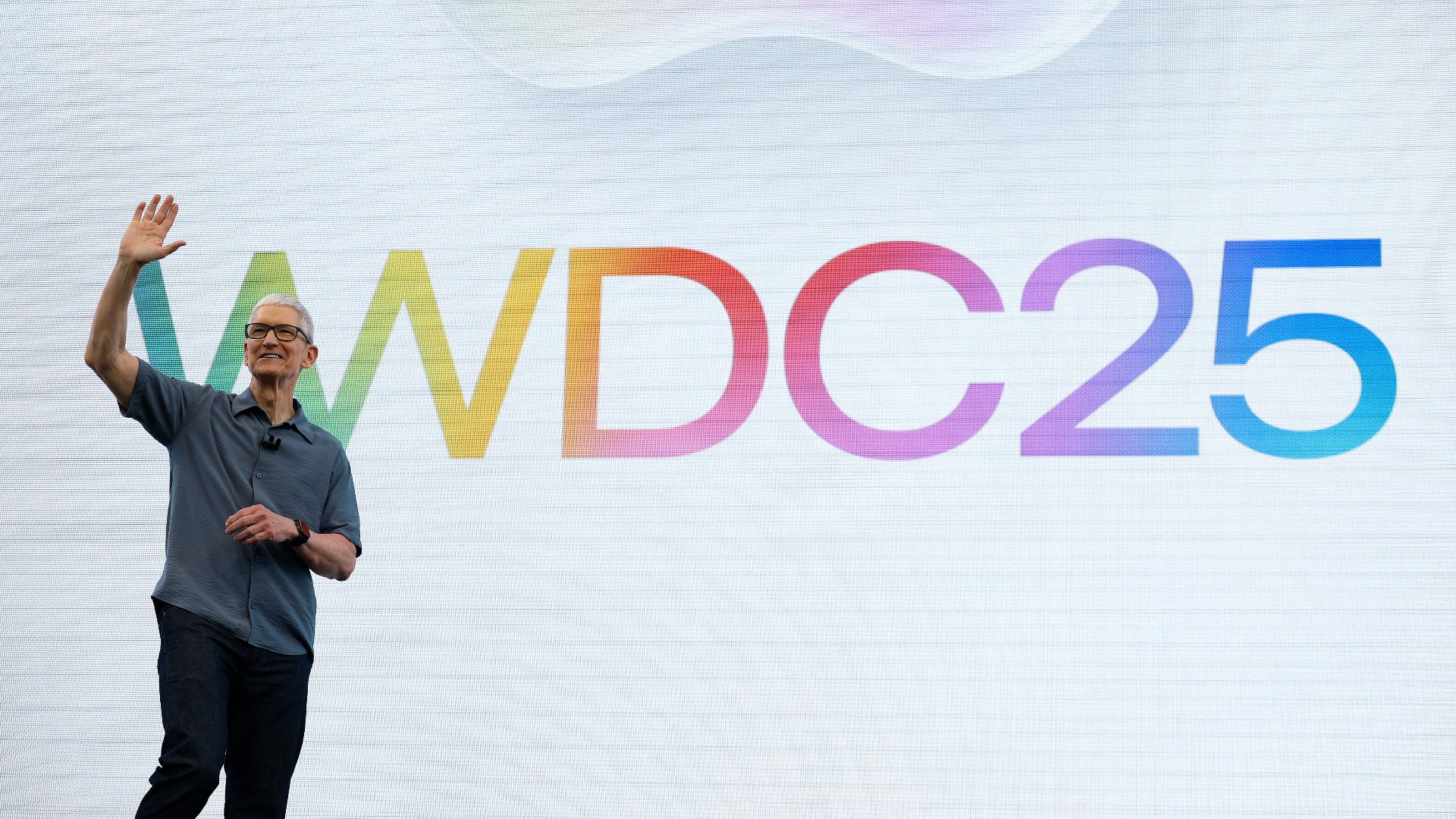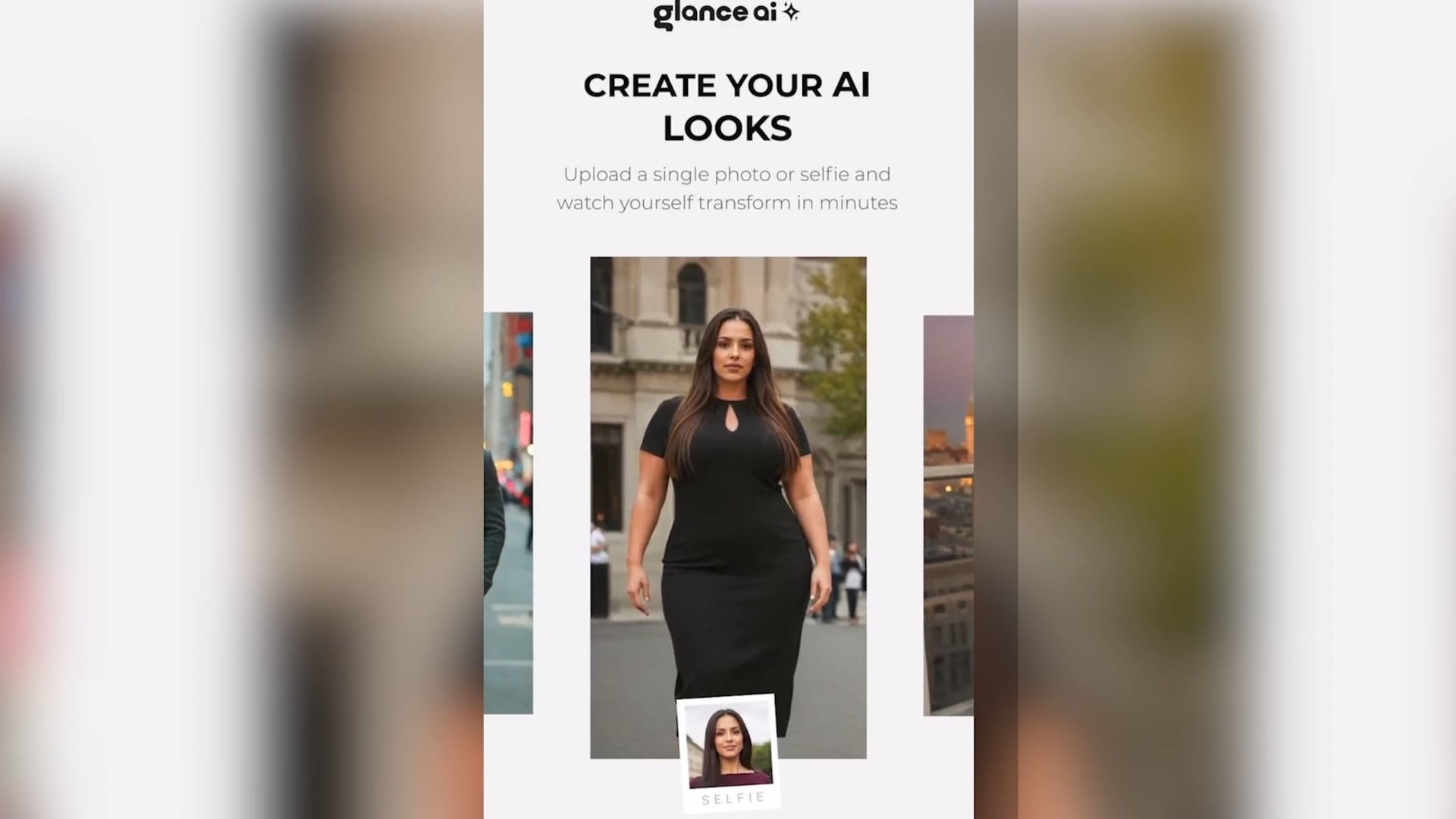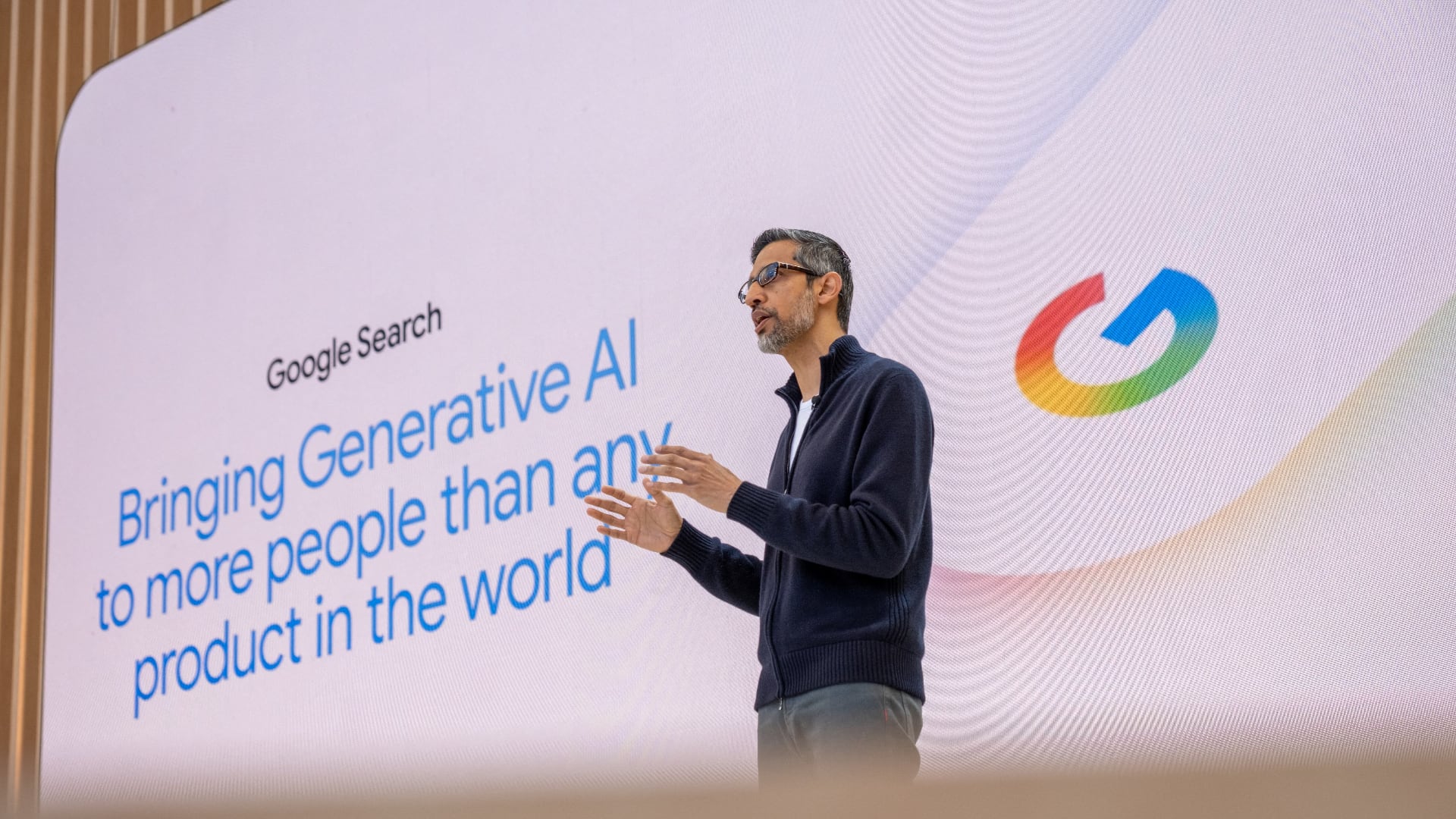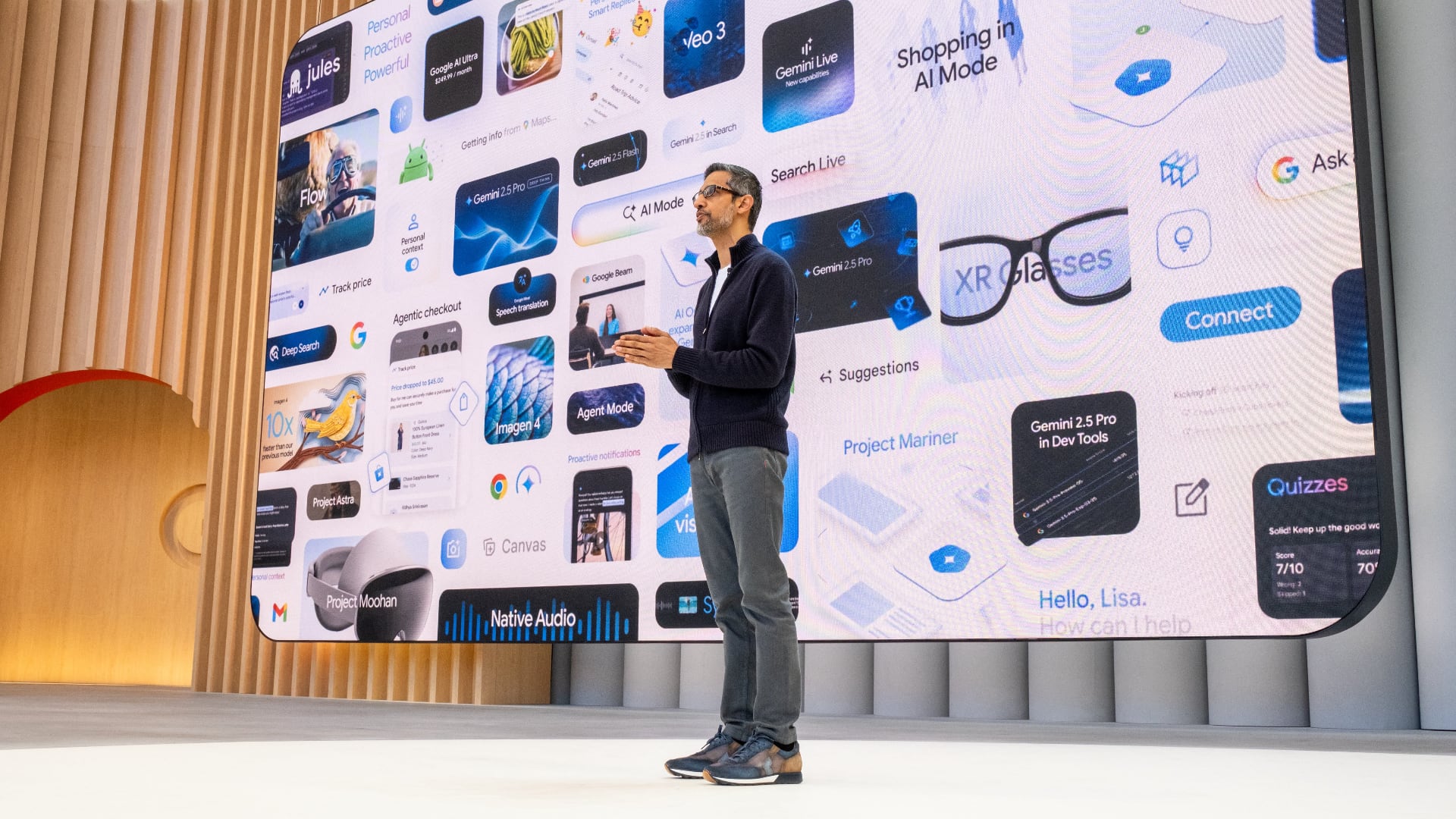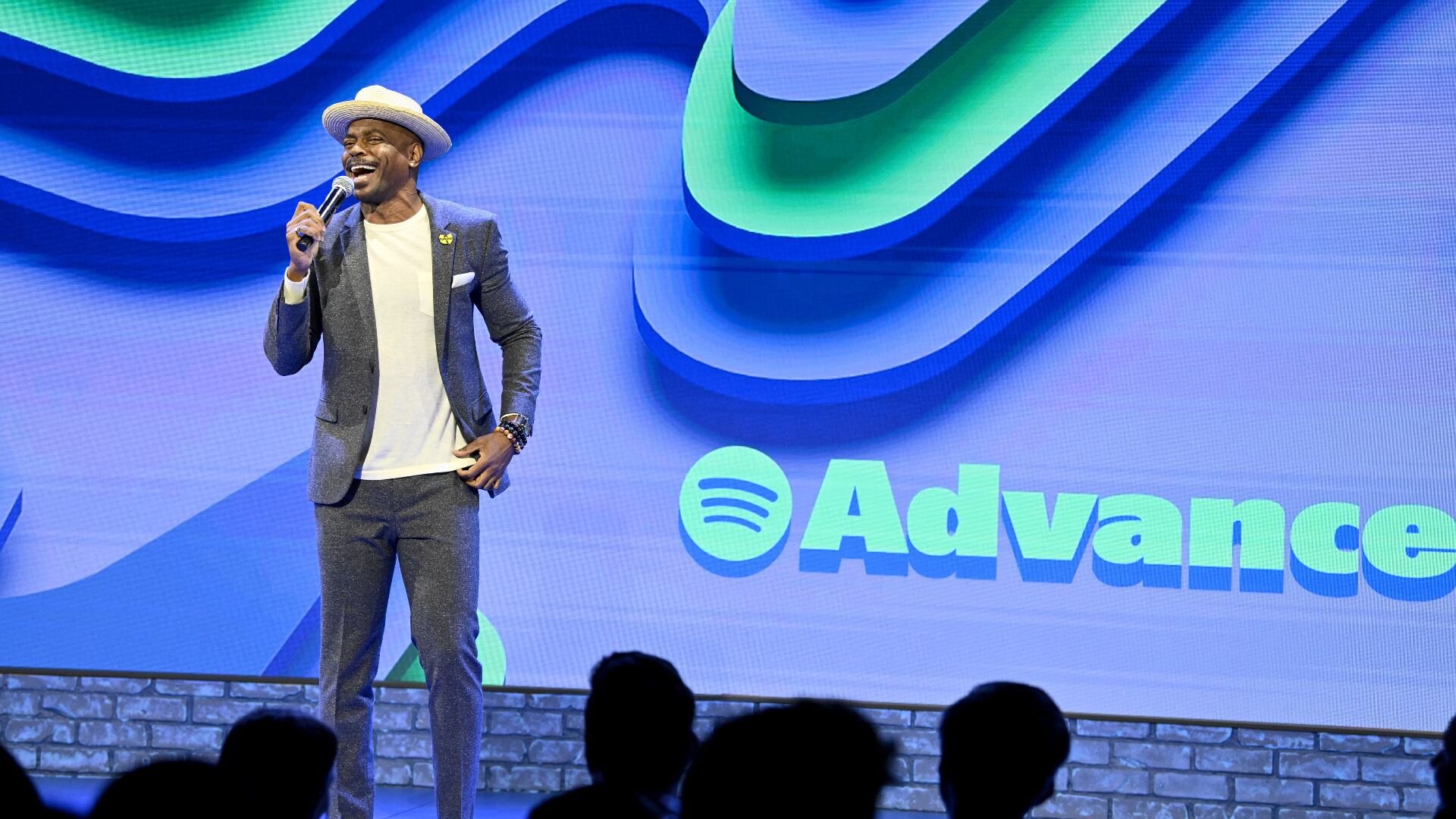*By Conor White* Roku is making its library of content available online so viewers can watch ad-supported shows and films, even if they don't have a Roku device, said the TV platform's vice president of programming and engagement, Rob Holmes. Viewers of the Roku Channel on the web and on Samsung Smart TVs will be spared the barrage of ads that they may see on linear TV, Holmes said Thursday in an interview on Cheddar. "One of the things that we wanted to do there was create what we thought was a great ad experience," he said. "So, it has about half the ad load of linear TV, you get right into it with no pre-roll advertising; and we also work to manage the number of times you see the same ad." Holmes said viewers won't have to endure more than eight minutes of commercials for an hour of content ー roughly half the usual ad load on broadcast. Though Roku has moved from selling hardware to include a streaming service like Netflix and Hulu, the company has no plans to create its own original content. "There's a lot of great content across the Roku platform through all of our different partners," Holmes said. "Our real value here, we think, is in bringing a breadth of ad-supported content to our users." Launching the Roku Channel on the web is a way to give viewers who don't have the Roku hardware unfettered access to the platform. "Our focus is really on that OTT consumer, so for us, this is about offering the opportunity to engage with the Roku Channel anytime, anywhere," Holmes said. "It's also an opportunity for those who don't own a Roku device yet to come in and get some sense of the Roku Channel and the Roku ecosystem." For more on this story, [click here](https://cheddar.com/videos/roku-brings-its-content-to-the-masses).


